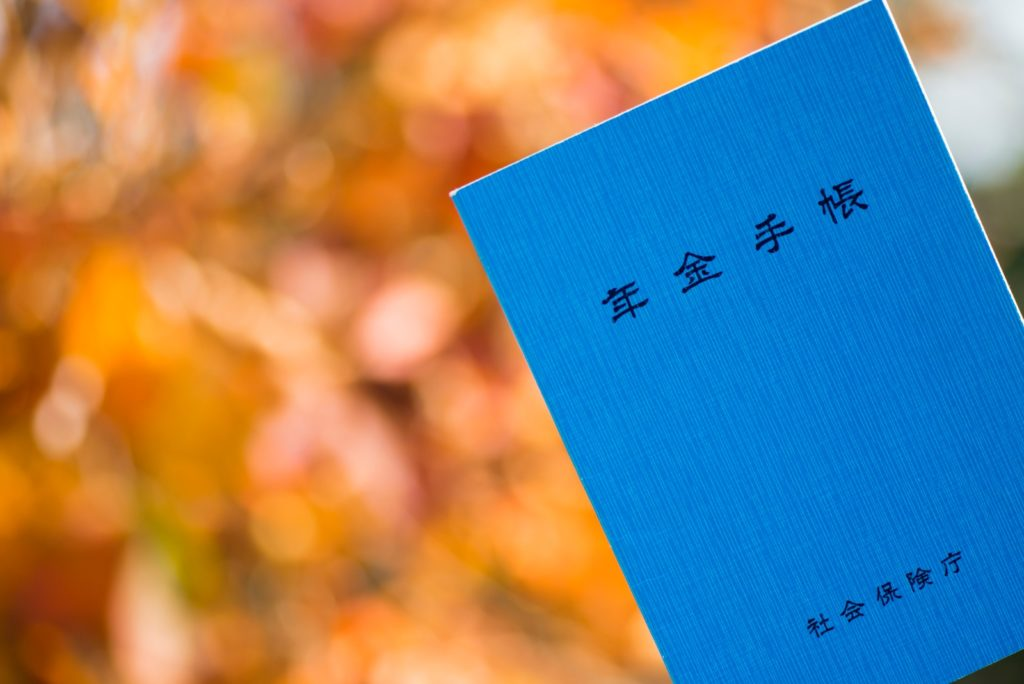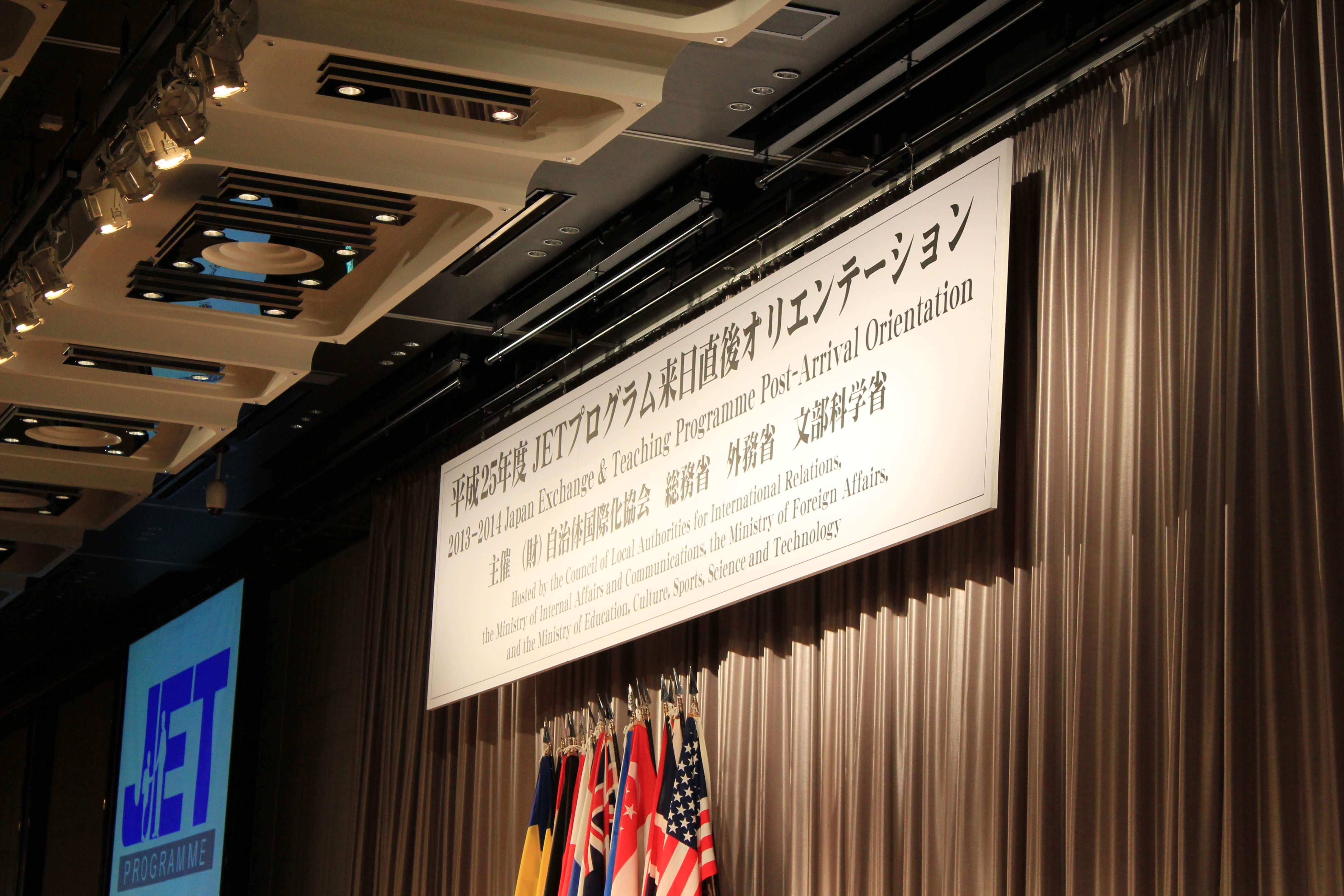What exactly are the Pros and Cons to JET?
Pro #1 Support Network

Pro #1, As a JET participant, you have support from CLAIR (Council of Local Authorities for International Relations), your BOE (Board of Education), and Local AJET Chapters (ones within your region of Japan).
CLAIR does a fantastic job of communicating and setting up participants to work in Japan with their BOE and placements.
Furthermore, they will also provide training, orientations, and even money to take TELF certifications.
Your BOE will be the ones putting you into your schools, paying you, and making sure have a place to live.
Also, helping you become accustomed to life in Japan along with your local ALTs, CIRS, and PAs (Prefectural Assistants) who also assist with Prefectural Orientation to your area.
Pro #2 Salary
Pro #2, JET Program Salaries are awesome compared with any other private ALTs in Japan.

Nothing compares to your JET take-home salary that will get every month, but Every Situation is Different.
You should NOT compare yourself to other JETs as everyone has a different living situation and expenses.
As a JET, I was able to save 100,000 yen a month or around $1,000 USD.
It wasn’t difficult but took money management skills and tracking my expenditures.
Pro #3 Benefits
Pro #3, JETs have excellent benefits for health insurance and pension payout.
The National Healthcare Insurance or Social Insurance in Japan covers 70% of medical expenses. The other 30% is paid by you and your deductible.

Health Insurance Card
Credit: wanavi.org
JETs have a deductible of 5,000 yen, but the chances of hitting that are very slim in any regular doctor visit is very rare.
Typically, for three months of my asthma medication and check-up, was about 3,000 yen.
Dental visits were also very affordable, 2,000 yen a cavity or 10,000 yen for an entire root canal.
The National Pension is something you will pay into as well.
Pension is based on your salary and automatically taken out.

Pension Book
Credit: gaijinpot.com
You are guaranteed this back as long as you apply within two years of departure.
Most JETs receive around 700,000-800,000 yen back after three years.
Tips: NEVER LOSE YOUR PENSION BOOK.
Pro #4 Reputation
Pro #4, The Japan Exchange and Teaching Program has the best reputation in Japan for Assistant Language Teachers (ALTs).

It is also the biggest employer for ALTs, following companies like Interac and ALTIA Central
As a JET ALT, you have to hold up that reputation as well.
You should since the arduous task to become a JET takes an entire year and you wouldn’t want to let your BOE or the JET Program down.
Best of all, as JET Alumni, you can take that experience as a civil servant for the Japanese Government and paste it right on your resume, along with all the other skills you developed abroad.
Pro #5 Well-Taken Care Of
All Pros add up to the 5th Pro.
JETs are well-taken care of because of the support network, benefits(health), salary, and reputation.
Taking advantage of your resources will ensure you have a fabulous first year abroad, all the way to the 5th.

With the JET Program, you’ll be fine and be able to handle any situation in Japan.
Nothing on JET or in Japan is perfect however make the most of it while you are there.
Con #1 Placement
Con #1, Choosing your placement is a joke.
HAHA!
Be prepared to be really lucky or easily disappointed.
That’s application life.
I picked out a region I clearly thought I had a chance of getting from my previous study abroad and work experience (Kansai), but that never happened.
Instead, I got placed in Kumamoto in Kyushu.

At first, I was put off because I had no idea about Kumamoto or if it was super rural.
However, it became my second home and I made the closest friends there!
Given the chance, I would move back there in a heartbeat. I cannot state how please I was once I became acquainted with the area.
99% of JETs love their locations, so keep it in mind that you are almost guaranteed to be happy with your placement.
Con #2 The Pandemic/Covid-19
Con # 2, Covid will be a once-in-a-lifetime event for most of us and everyone else on Earth, for a while.
There is no way of getting around it. It is here to stay until everyone is vaccinated.

Covid put a hamper on 2020 JETs and fully delayed them a year+.
Sh*t happens and we have to deal with it the best way we can:
getting vaccinated (plus booster shots), social distancing, and following CDC/WHO guidelines.

I hate talking about Covid, but I want to make the best of it and keep others safe, so please, do your part, and eventually, things will be normal!
Con #3 School Selection
Con #3, There are three kinds of schools, which JETs may or may not have:
Elementary, Junior High, and High School… also Pre-k/yochien.
Getting one specific school type you want is another game of chance.

From my experience, almost all ALTs got a combination of JHS, ES, and a little Pre-k/Yochien. The remaining ALTs were put in HS.
Pre-k/Yochien schools are where ALTs visit once in a while, some never like me. Pre-k is all about games and fun.
When I was a JET, I was in JHS 90% of the time and at ES 10% of the time.
The vast majority of ALTs occupy JHS and ES, so don’t be discouraged if aren’t put in the specific type of school you want.
Con #4 Contract Length
Con #4, The maximum length for JET is 5 years. :(
The average length of stay for most JETs is between 2-3 years.
Everyone who joins the JET Program will receive a 3-year teacher’s visa. Once it expires, you have to renew it.

JETs staying a 6th year was an extraordinary circumstance because of Covid-19.
I stayed on the program for 4 years and was offered a 5th-year contract.
As my BOE was awesome, staying up to 5 years was fairly easy for JETs who were outgoing and on good terms with their schools.
However…
Some BOEs only allow their JETs to stay 2-3 years. Others make it a difficult process to beyond that to 4-5 years and require a high level of Japanese like N2-N1.
JETs usually find out if they are re-contracting between January and February from their BOE, so there is plenty of time for the visa renewal process.
Advice: Always be prepared to depart the program every year. You never know what lies in your future.
Con #5 Losing Track of Reality
Con #5, JETs lose track of time and reality pretty hard.
At some point, it’s all over.
Before you know it, your 1st year or 5th year is over and it’s time to start another job or school.
4 years went by fast for me. It was my best time ever in Japan but was just a dream job.

Make sure you are prepared to handle your next career
Before I finished JET, I had roughly 30k saved up (not including pension) and enrolled in graduate school.
I made sure as hell to prepare myself for departure from the program and possibly Japan.
A lot of JETs out their spend all their earnings, which there is nothing wrong with that, but it pays to save some money every month and put it towards your departure.
You will get Pension, but that takes months to receive (6-12 months).
If there are problems such as with paperwork, expect even further delays.
Finishing JET shouldn’t be a disappointment, but a wake-up call for what you want to do next!
Be sure to check out the 5 Pros and Cons of the JET Program YouTube video for more.